At the heart of HBO’s new series Dune: Prophecy is the Bene Gesserit, a powerful sisterhood whose influence is felt in every Dune novel, film, TV show, video game, and more. Dune: Prophecy tells of the Bene Gesserit’s early days when they did not yet have the galactic foothold they would come to enjoy by the time of Frank Herbert’s original novels. This Bene Gesserit is populated by women who joined up voluntarily, women who have never known life outside the Sisterhood, women with dark secrets, and every walk of life imaginable.
Dune: Prophecy has been renewed for season 2 by HBO.
Two key members of the Bene Gesserit in Dune: Prophecy‘s first season are Sister Jen (Faoileann Cunningham), an independent thinker who sometimes clashes with the “one mind” attitude of the rest of the group, and Sister Emeline (Aoife Hinds), a fervently devoted acolyte with an interest in martyrdom. Game Rant spoke to Hinds and Cunningham about their characters’ roles within the Bene Gesserit, how the Sisterhood developed both on and offscreen, their individual introductions to the Dune universe, and more. This transcript has been edited for clarity and brevity.
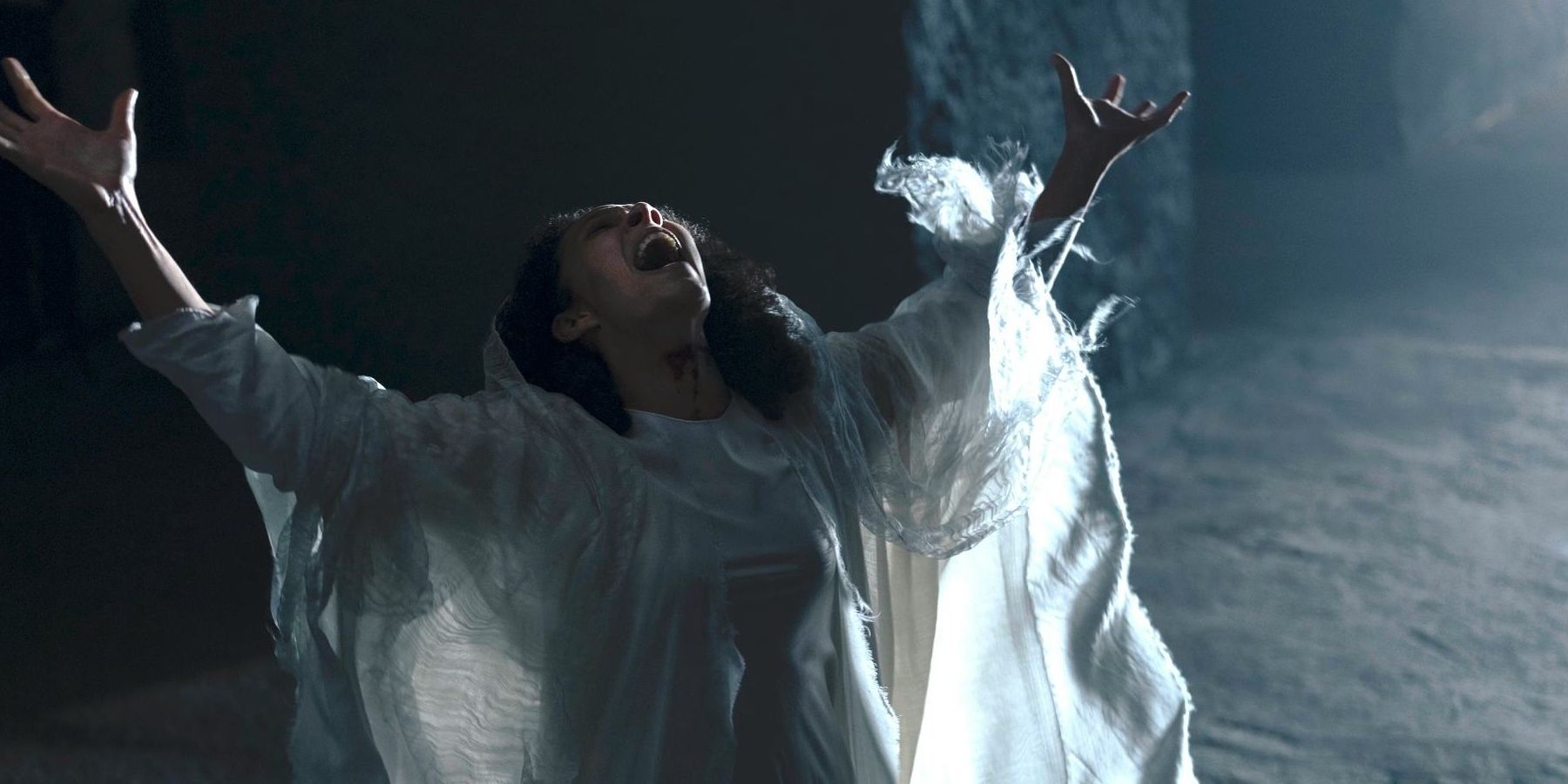
Related
Dune: Prophecy – ‘The Agony,’ Explained
Episode 2 of Dune: Prophecy puts one of its characters through a pretty ominous sounding ordeal. But what is it?
Jen’s Individual Thinking And Emeline’s Fanatical Devotion
Q: Sister Jen is this very individual figure among the Bene Gesserit, while the rest of the group is often “of one mind.” How do you establish her independence and her independent thought in this setting?
Cunningham: I think I liberated myself in every scene to really have the thoughts I was thinking. I remember one particular day, when something was taking a long time to film, and I was a bit bored. I was like “Follow that thought” and that’s so much fun to let yourself do that as an actor. I really had to try to use what was coming up for me on any given day: be that tiredness, be that excitement, and try to riff off of that.
I think that helped me step away from any feeling of having to be very well-behaved or be a good actor, anything like that, and actually have a lot of fun. I think we spurred each other on in different ways and planted seeds for each other. Not going too far, but we would try and joke around with each other, almost in character sometimes, just before we would go into a take because that gave you some little food to feed off. For me, it was just embracing the reality of what I was feeling on a given day.
Q: Sister Emeline, on the other hand, is a very intense, dedicated, martyrdom-focused figure. What was the process like of developing her as a character – did you research real-life martyrs?
Hinds: It was kind of fascinating because I don’t come from a religious upbringing at all, so that was a challenge for me: how do I get into the mindset of this person who bases her whole existence around this? I thought of Joan of Arc and figures like that. That was some inspiration for me, the idea of this missionary who sacrifices her life for the greater good.
Building The Bene Gesserit Sisterhood
Q: What was it like working together with Emily Watson, who plays Mother Superior Valya Harkonnen, and Olivia Williams, who plays Reverend Mother Tula Harkonnen, to build and portray a powerful sisterhood?
Cunningham: It’s the privilege of a lifetime to do a job like this. Maybe we’ll never get it this good again. Emily and Olivia had so much on their plate – it’s only in watching the episodes that you actually fully realize just how much they have to deal with in terms of story arcs and the physical time it takes to make something like this. I felt like the luckiest actor in the world that my teachers got to be Emily and Olivia. To be among such unbelievable talent was really scary and made you make sure to get your sleep and eat your greens!
Hinds: Yeah, they’re really great. You really want to be your best version every day to match them. I think there was also something supportive and encouraging in them because we’re kind of still learning, and learning from them, and they were so generous with that. In terms of sisterhood, I think it’s really meaningful that there was a whole spectrum of ages there. Chloe [Lea, who plays Sister Lila] turned 18 on the show. We had Barbara [Marten] who plays Sister Avila, who is in her 70s. There’s this whole breadth of what it means to be a woman – a sisterhood in all its glory.
Q: Did you guys get very close as a group? You filmed a lot of scenes together on the Bene Gesserit homeworld.
Cunningham: Yeah, absolutely. We were so supported by the crew we had in Hungary, who were just unbelievable at facilitating a really joyous experience. It was a really silly thing, at times, like we were a band of children. One of us would say, “Could I maybe have a hot chocolate? I’m on my period,” and then it was like “20 hot chocolates!” and someone on the crew would say “I’ve come up with the best recipe for hot chocolate.” Amazing synergy, behind and in front of the camera. I think that’s not possible unless everybody’s in. I think that grace, kindness, and willingness to share the space was really everywhere.
Hinds: Definitely. We had sleepovers like once a week.
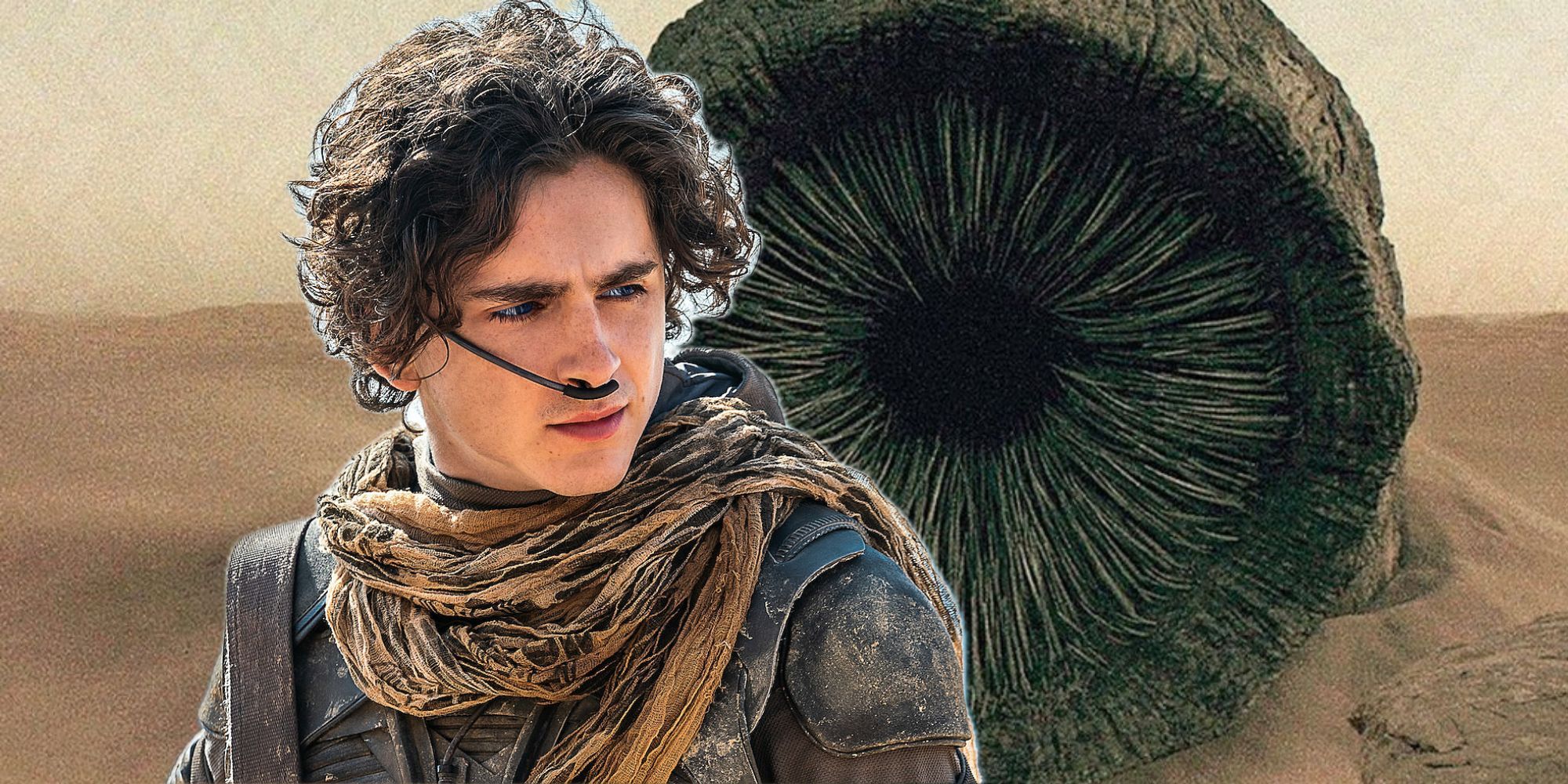
Related
Dune: Part Two Has A Surprising Number of Golden Globes Nominations
Dune: Part Two has been recognized among the 2025 Golden Globe nominees but in some unexpected categories.
Entering The World Of Dune And Seeing Fan Reactions
Q: Dune is this huge world with decades of history behind it. Were you guys already big Dune fans when you came into these roles, or was it new to you?
Cunningham: I think we now know that we’re relative newbies. I mean, I would think of myself as a Dune fan, but I’m almost ashamed to say that because there are people who have been into this for 20-something years. We’re new to the club, but we’re fanatics.
Hinds: Yeah, definitely. I think I was discovering the Dune universe. I’d seen Denis Villeneuve’s film, Dune Part One, and that’s all I knew about Dune before we started the show. It was so interesting to find the other resources that are out there. I watched this documentary, Jodorowsky’s Dune, and got to see the kind of lineage that this all has. This story has been told in different ways or has been attempted to be told. There’s so much love and creation. It’s limitless, you know. Such a limitless thing.
Q: As Dune Prophecy airs, what has the fan reaction to the show been like? Have you had any interactions with fans who have liked or connected with your characters?
Hinds: We haven’t really looked into it. I think this is the first time talking to fans, the first reaction we’ve gotten from people who have watched the show. It’s been really, really lovely. Everyone has been so enthusiastic, and it’s very, very heartwarming.
Q: If the Bene Gesserit were a real organization, do you think you would want to join them?
Cunningham: One hundred percent.
Hinds: One hundred and ten percent!
Cunningham: Sign me up. I want to go. I hated school, and this would have been so much more fun. Imagine getting to do that. There’s something that speaks so deeply to me about it. We burn ourselves out all the time because we work really hard, but it would be quite fun to get to do it in every facet of your physical exertion, mental exertion, and corporeal understanding. I would love it.
Hinds: Just in terms of having control over our own bodies. To not have period pains anymore.
Q: Anything else you’d like Game Rant’s readers to know about Dune: Prophecy or your experience on the show?
Cunningham: From the small reactions I’ve seen online, I feel incredibly grateful for the generosity of spirit of the viewers to really enter into our world with us. The creators have poured their hearts and souls into making this version of the show, and it’s an incredibly huge task. I just think it’s awesome that it seems to me, from what I’ve read, that the fans are so willing to enter the story as a separate thing and are excited that it’s linked to the other story. That willingness is just so awesome to me.
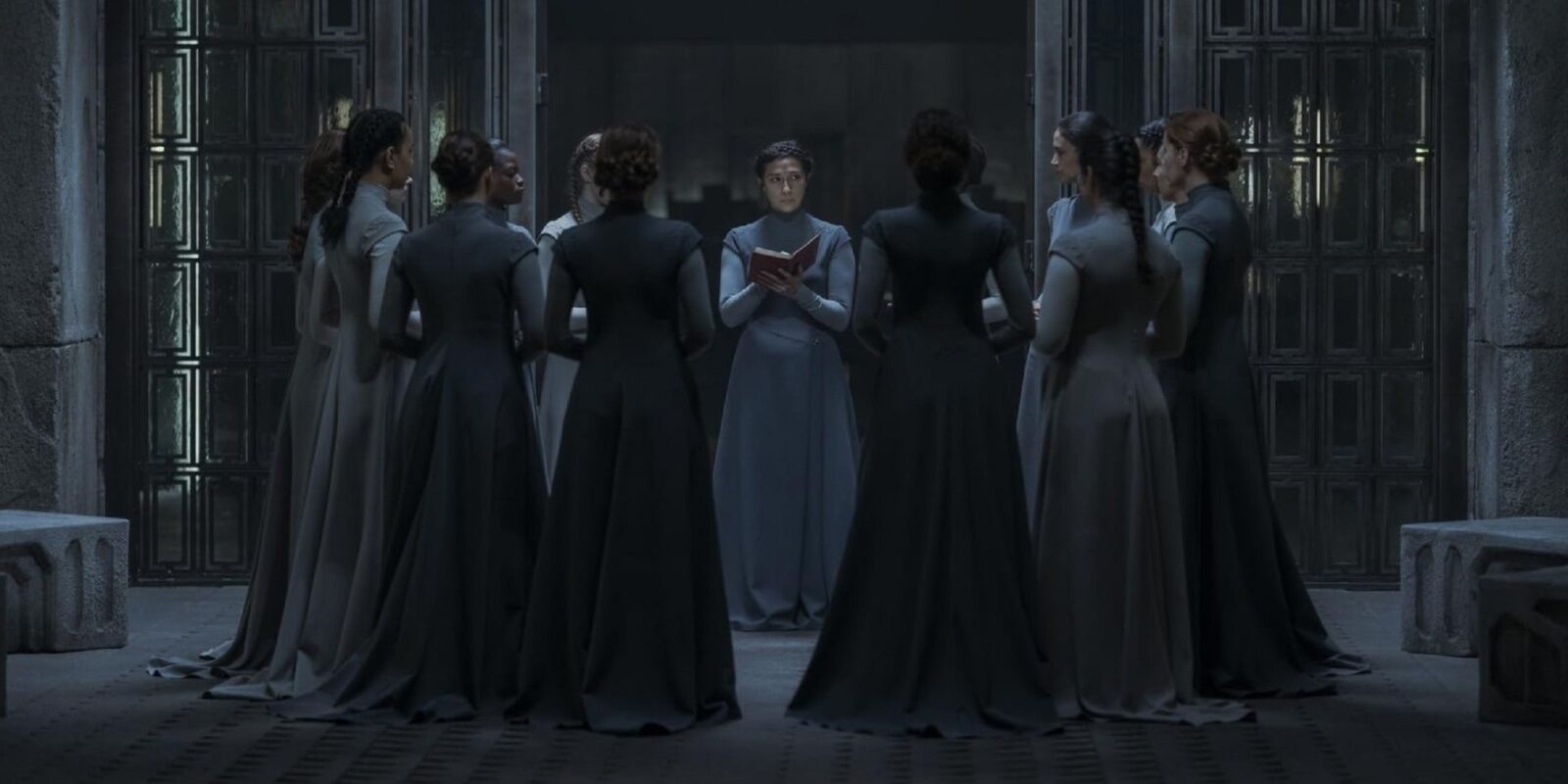
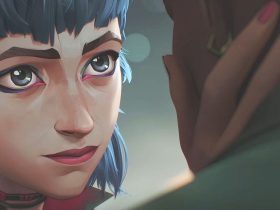
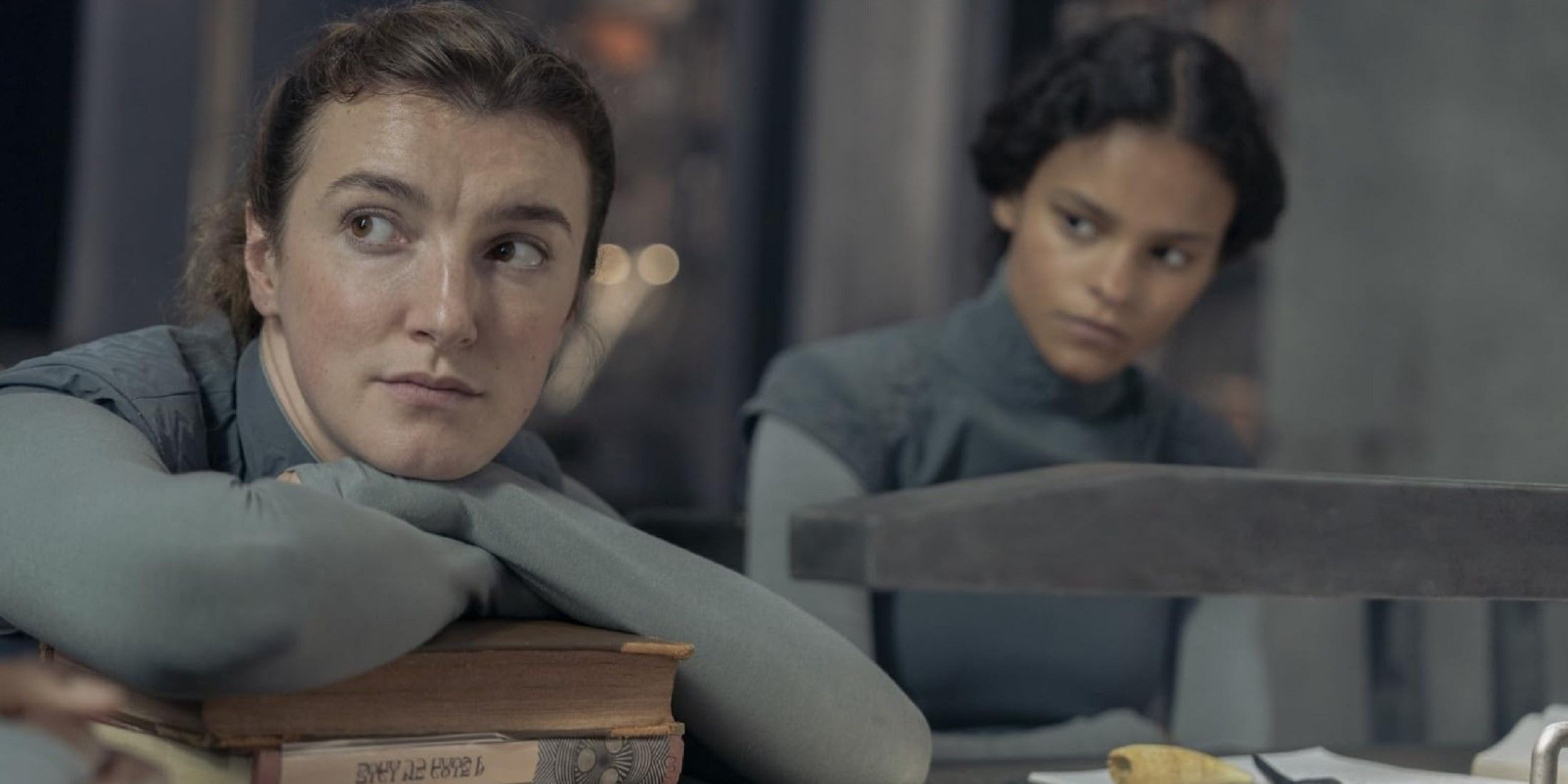
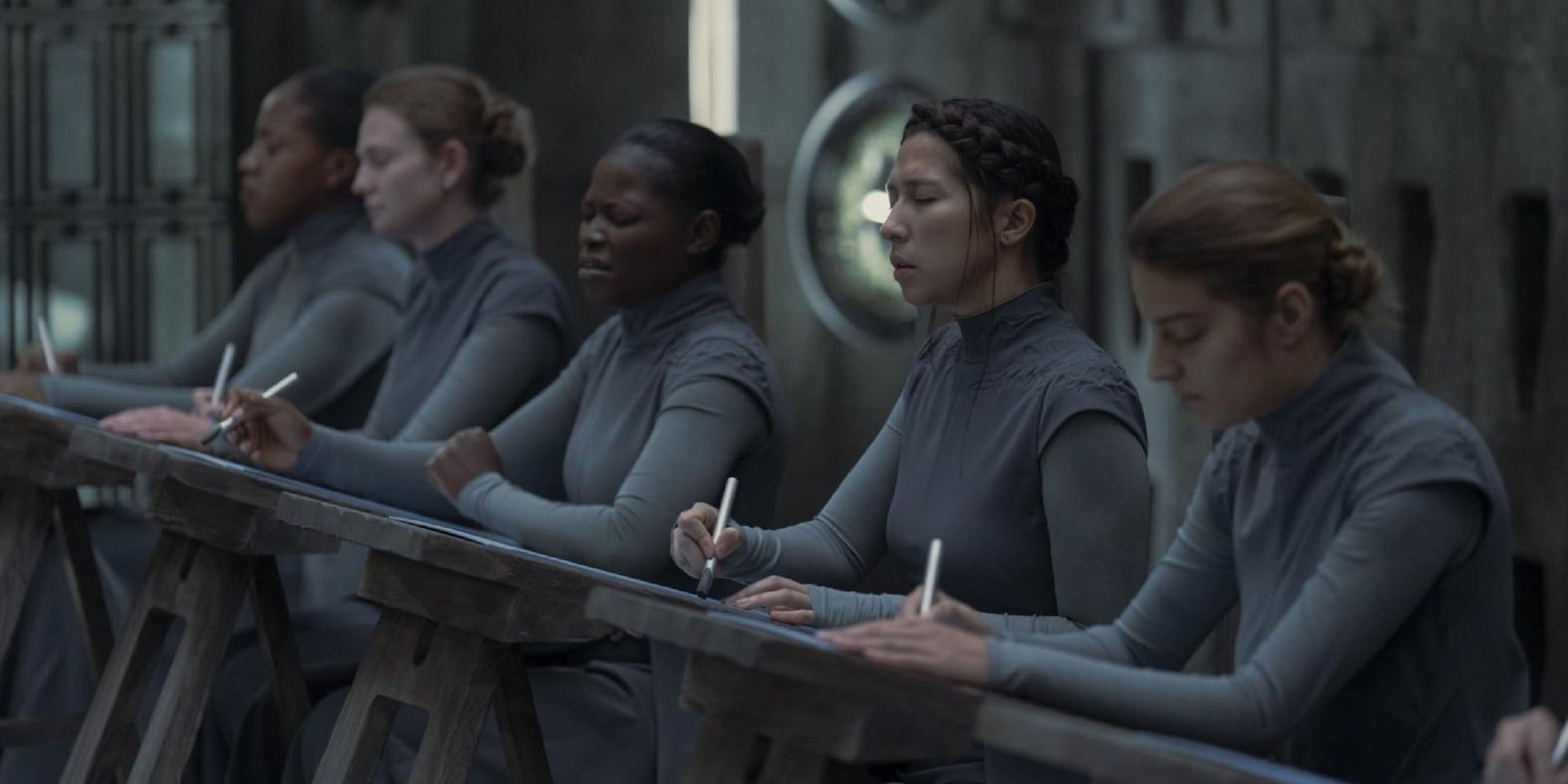
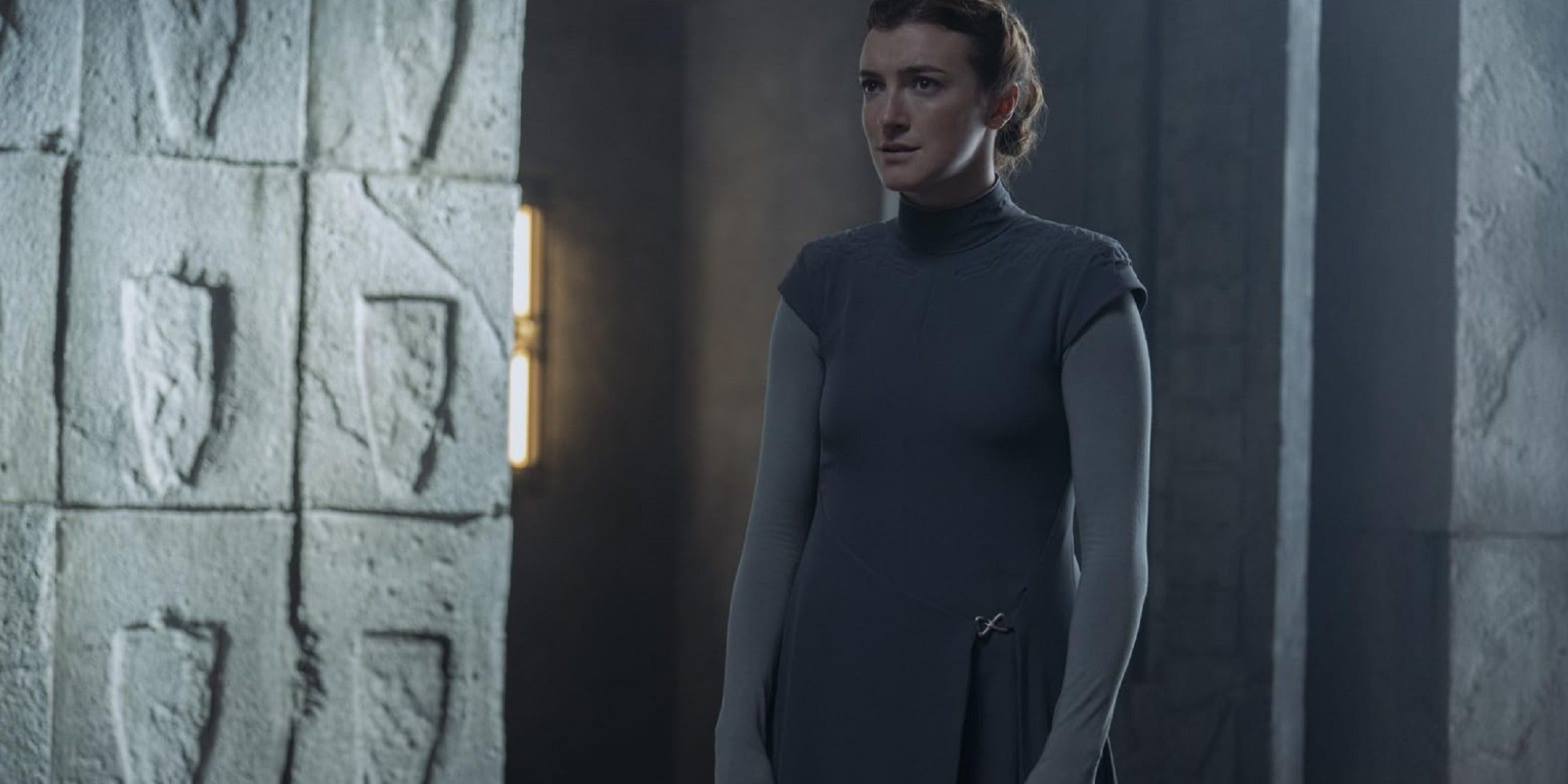
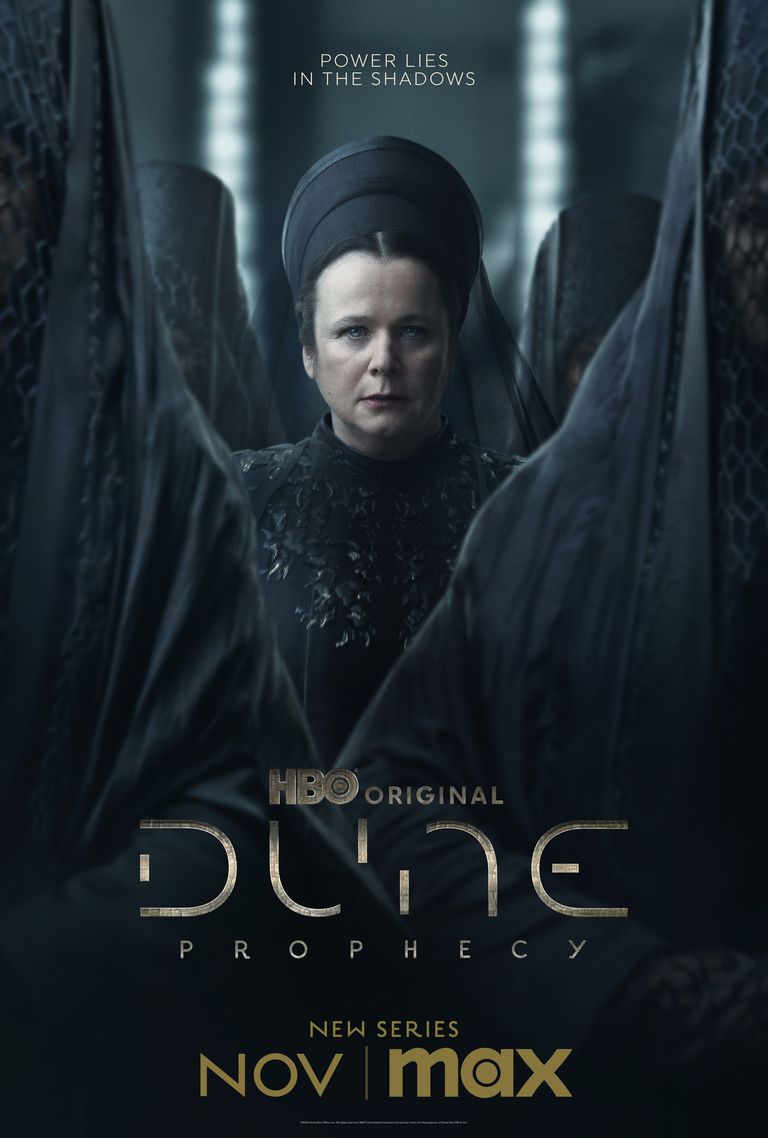



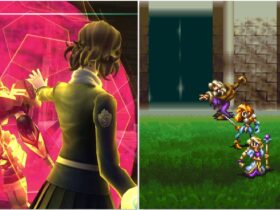
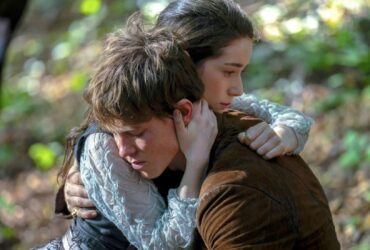
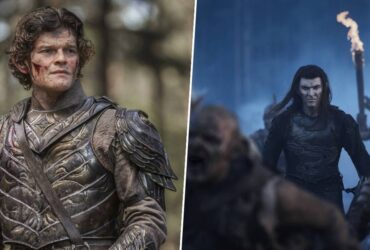




Leave a Reply